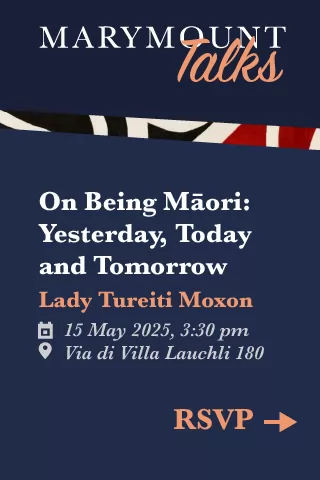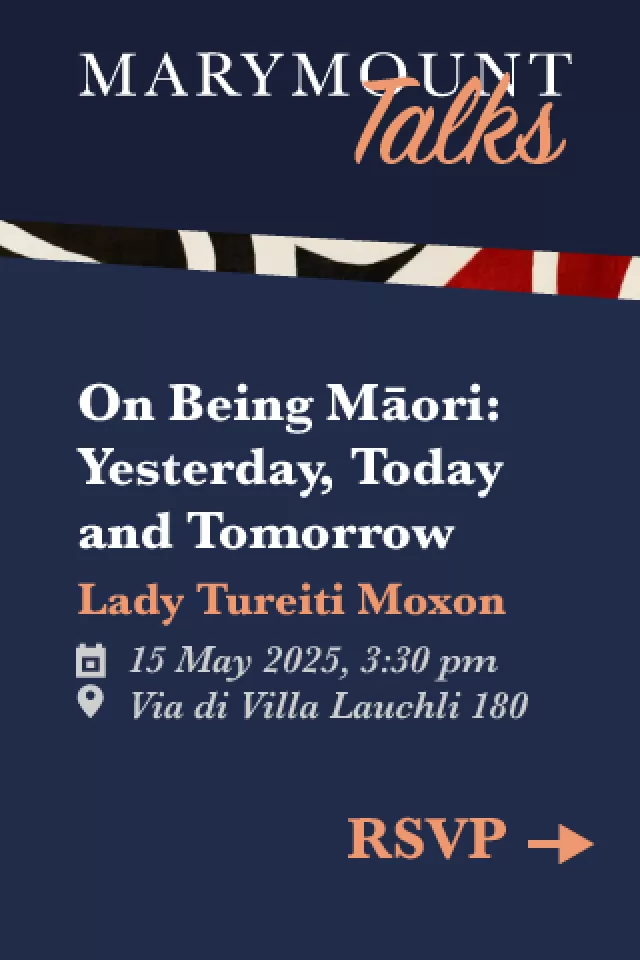Heroes of Hollywood on the Tiber
They were the years of Hollywood on the Tiber, when Rome gleefully found itself subjected to a riotous invasion of American film people, all the big stars and directors, mincing starlets and hangers-on, attracted by the sun, cheap labour, and the chance to escape the anti-Communist witch-hunt in the United States instigated by Senator George McCarthy.
They were the late 1950s and early 1960s, a heady, free-spending period, and caught up in the gossipy whirl were two actors, John Karlsen and Robert Sommer, who work in Rome to this day.
They had things in common. Both, for instance, appeared in "Cleopatra", the 1961 spectacular directed by Joseph Manckievicz starring the then ever-squabbling Liz Taylor and Richard Burton. "I had a marvellous part," recalled Karlsen. "I was the high priest who crowned Cleopatra. When I appeared, everybody had to fall to their knees. Great flowing lines too, about gods of the wind and the Nile, though I lost most of them when they halved the running time to three-and-a-half hours."
"I was young and pretty with fair hair in those days," Sommer remembered. "Then they blackened me and I became a Greek mercenary in a loin-cloth."
Both actors happened upon the Rome of the day by chance. "I had my own repertory company in Camborne in Cornwall," related Karlsen, "and on the strength of it I was invited to direct Noel Cowards Private Lives in English in Naples. The press went mad, convinced that the lead, played by a certain Townsend, was Peter Townsend, Princess Margarets old flame. Our man fled, scared of arrest for false pretences. Anyway, we then took the play to Rome and a casting director spotted me during the curtain calls."
It was the clapboard for scores of films featuring Karlsen, whose very birth had been theatrical, at sea in still-risky 1919, on a ship bound for London from Singapore and then diverted to Australia. Today, he is an elderly, erect figure of courtly elegance, with a cut glass precision of diction to match.
Never type cast, he played under all the big-name directors. He was in Vittorio De Sicas "La Ciociara". Often dubbed into Italian, he did a lot of comedy, appearing in four films with the great Tot and opposite Alberto Sordi in Dino Risis "Una Vita Difficile". "Sordi insisted on telling me what to do all the time. Then Dino yelled at him: Alberto. Shut up, will you? Im the director here."
There were the heavier parts too, such as the Spanish inquisitor in "The Naked Maja", and a role in Irving Rappers "Pontius Pilate". He also figured as Dirk Bogarts chef in Joseph Loseys "Modesty Blaise". But the director he warmed to most was Federico Fellini, who cast him in "Satyrico", in "Casanova" and in the nostalgic "8-1/2" in which Karlsen plays the priest who once chased the child Fellini across the sands in Rimini. "He was a marvellous director, a genius. He even thought about the extras, telling them Do this, do that. Nobody else did. At times, though, he could be infuriating."
Karlsen was also, according to a friend, a brilliant director of plays in English at the Crypt Theatre, beneath St Pauls-within-the-Walls in Rome. "We played every night and did lots of Pinter. Then I put on a play with a nude in it. The vicar gave me the go-ahead. Do what you want, but dont frighten the horses, he said. But the ladies at the church were furious and when the vicar left, we had to leave too."
Sommer on the other hand, a Chicago-born American, first came to Rome in 1959 as a trained opera singer, after world war two in the merchant navy and with the United States army in Korea. His first chance came in "La Bohme" at the Rome Opera, but then, strangely, he also launched into a packed career in both films and dubbing, which he still does. "The dubbing began because all the young American muscle men at the time couldnt act or do dialogue for nuts and had no idea of sync. So they had me re-do their voices."
On stage, he appeared in Puccinis gold rush opera "La Fanciulla del West" at the Baths of Caracalla. "That was because in those days I looked like a cowboy." His big moment came in 1982 as Doctor Grenvil in Zeffirellis film of Verdis "La Traviata". "In the last act, Violetta, the heroine, sung by (the Greek soprano) Teresa Stratas, is dying: Im taking her pulse. We sing straight through it beautifully, without a hitch. Then Zeffirelli went and replaced Verdis whole ending for another. My one big scene. Gone. Gone."
Sommer remembers Zeffirelli as a "very meticulous, fussy man. He thought of everything. For the benefit of the ladies in the chorus, for instance, he actually mimicked the pacing for them in the ball-scene. They were all in flowing gowns and he moved around just like this as if he were in a gown himself."
Altogether, Sommer played in more than 40 films, one of them being Fabio Carpis "LAmore Necessario", filmed in 1990. In it he is a guest at an Austrian spa town who gets up and sings an entire Schubert lied in German. He smiles as he remembers the part he played as the American ambassador in a film about the hijacking of the Achille Lauro, the cruise ship seized by terrorists in the 1980s. He was being towed in a limosine into the centre of Rome during a blazing summer. "I was in a thick suit. We were given plenty of Kleenex to cope with the perspiration. A disaster. Bits of the stuff kept sticking to our faces."
Both old actors are now sharing yet another experience that of being forced out of flats in Rome where they have lived for decades.


















